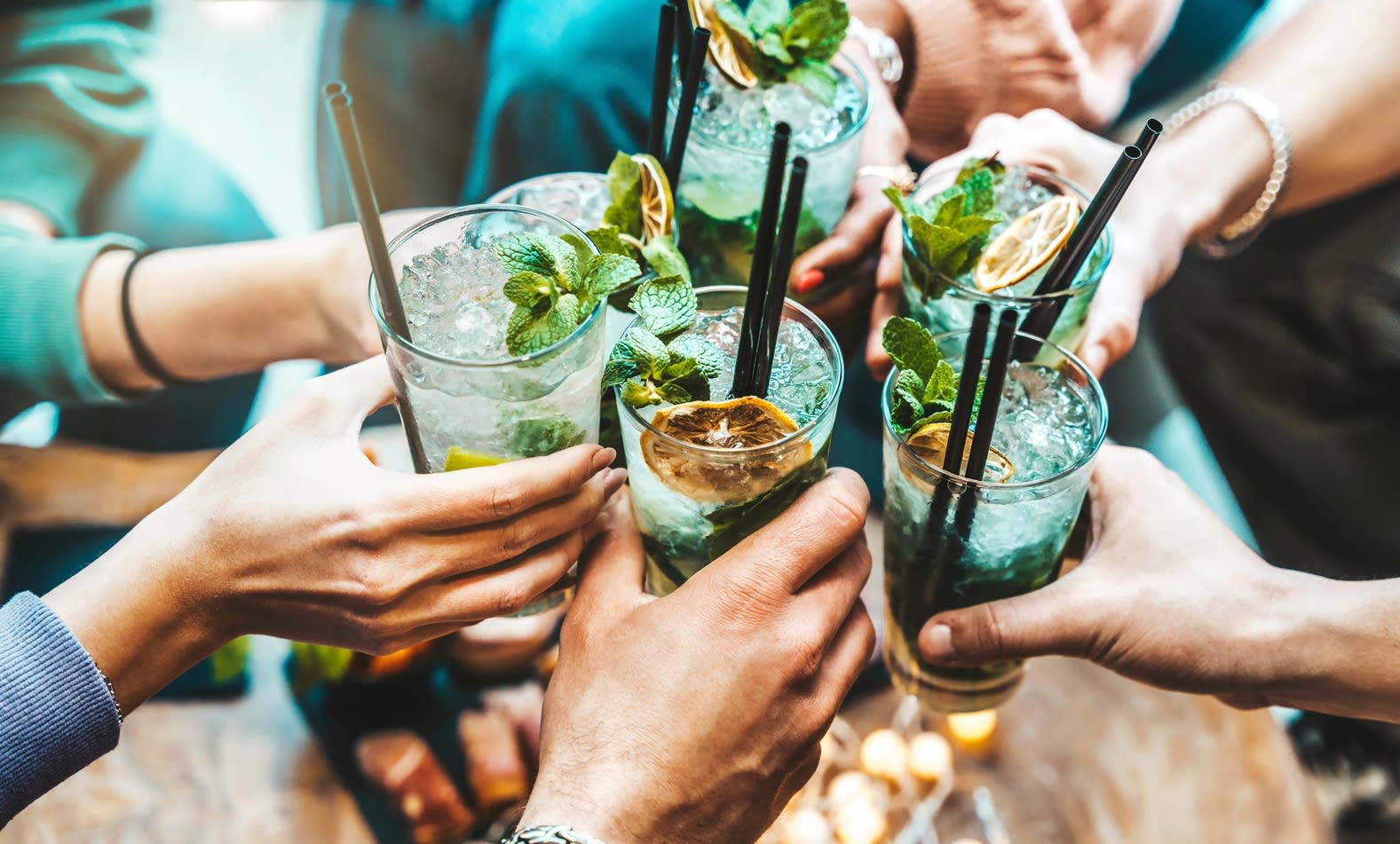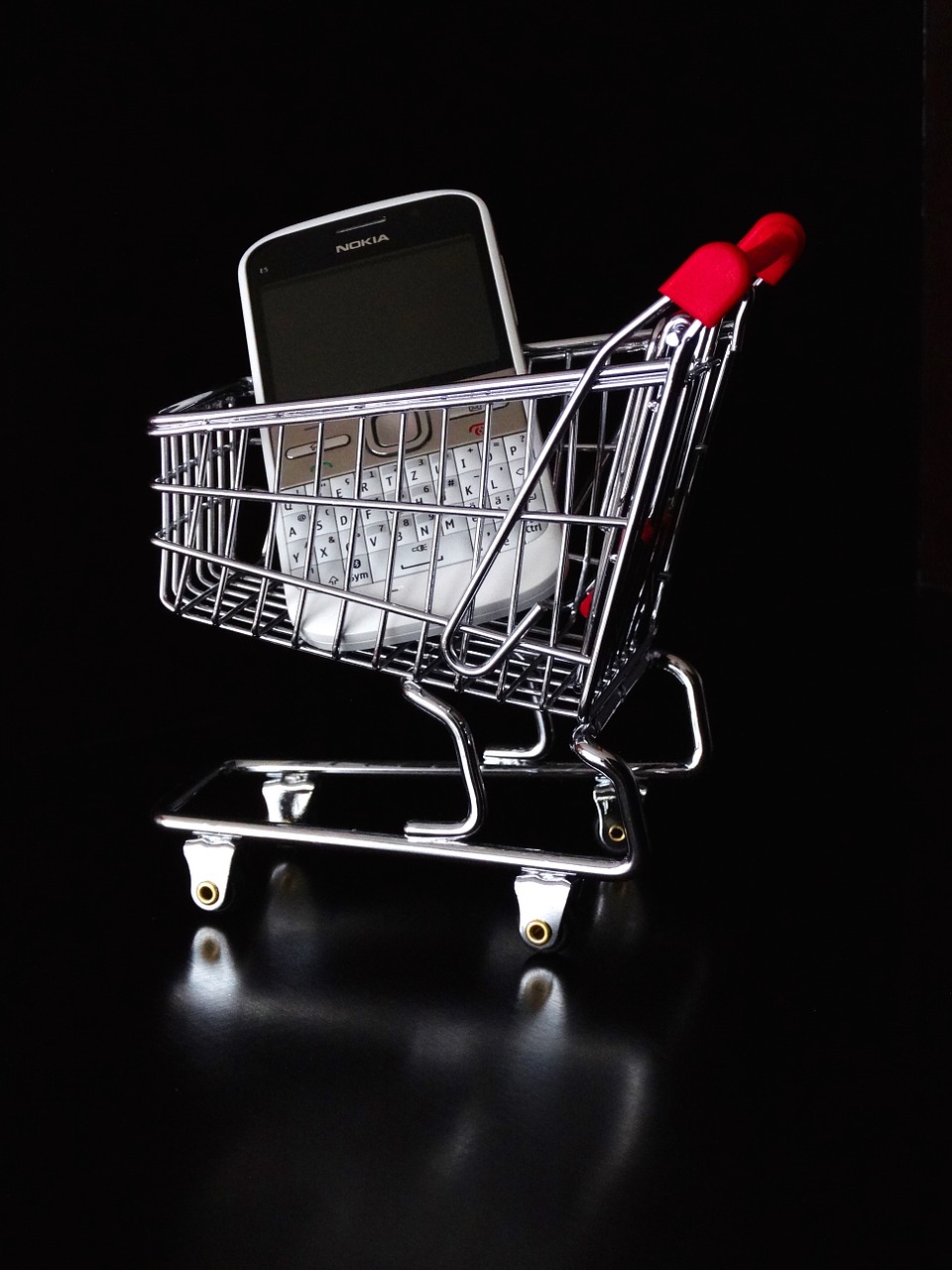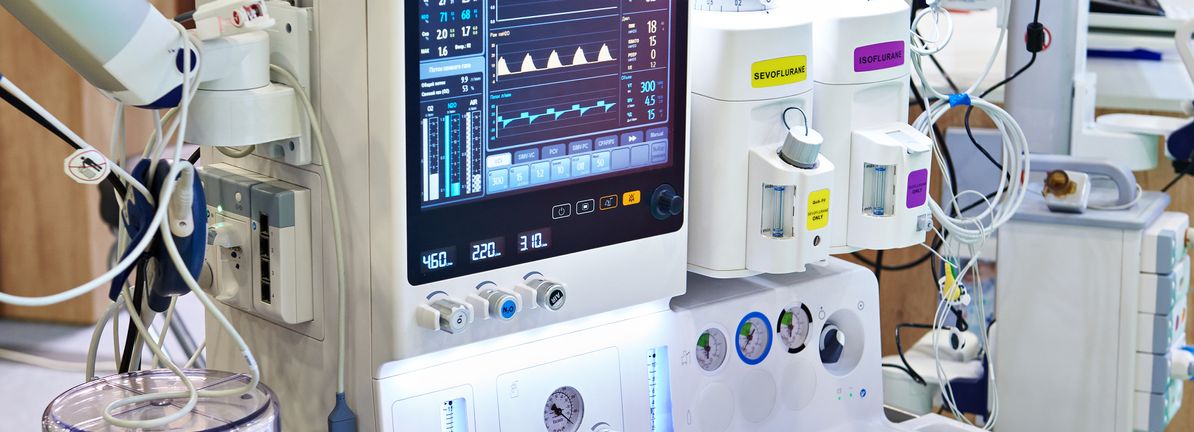Starting as a lifestyle trend in the 2010s, the ‘sober curious’ movement has encouraged a substantial societal shift toward more mindful alcohol consumption, driven by people’s growing focus on longevity, mental well-being, and productivity.
According to the annual consumer sentiment survey by NCSolutions, 49% of Americans have been actively trying to drink less in 2025, a 44% increase since 2023. Among those cutting back, 62% cited improved physical health as their primary motivation, 55% said they are trying to save money, 47% are doing so as part of a broader lifestyle change, 42% are aiming to improve their mental health, and 36% are trying to lose weight.
Alcohol’s cultural prominence in the U.S. also seems to be waning, with 9% fewer respondents viewing drinking as a big part of American culture compared to the previous year. One in four Americans reported not consuming any alcohol in the past year.
The course toward sober curiosity taken by more and more people every year has significantly contributed to reshaping the overall societal norms around drinking and popularizing an alcohol-free way of living, leading to the emergence of sober spaces where people can socialize without the pressure to drink. These include sober bars as alternatives to traditional boozy night-out spots, with 41% of Gen Z planning to explore this option, along with a range of sober-focused events, such as yoga retreats, wellness gatherings, and interest clubs.
The beverage market has responded with a rapidly expanding variety of nonalcoholic options, including mocktails, wines, and spirits. Availability of these products in grocery stores and restaurants continues to grow, and 58% of Americans say they’re open to trying more alcohol-free drinks in the future.
The tech industry hasn’t stood on the sidelines, offering practical apps to support a low-to-no alcohol lifestyle. Options range from sobriety trackers like Quitz, which help users monitor and manage their drinking habits, to community platforms like Loosid that connect sober individuals. According to the RAND American Life Panel survey from 2024, 6% of U.S. adults reported using at least one alcohol-reduction app in the past two years. For many, these tools appear to serve as more than just supplemental help, with 64% of respondents saying that niche apps were their only support for moderating alcohol.
Generational attitudes also reflect the growing appeal of sober curiosity. While Millennials were among the first to embrace the movement and make it socially acceptable, Gen Z is now even more inclined to abstain from alcohol, being increasingly aware of the risks associated with drinking. As of 2025, 65% of the U.S. Gen Zers reported cutting back on alcohol, compared to 57% of Millennials. More than half of Gen Z respondents (52%) said they go alcohol-free because they just don’t want to drink alcohol.
What Does It Mean to Be Sober Curious?
‘Sober curious’ refers to reevaluating your relationship with alcohol and exploring the benefits of sobriety without necessarily committing to complete abstinence. It involves being intentional about the decision to drink, questioning whether each occasion truly calls for alcohol, rather than simply following social norms or ingrained habits. The approach encourages reflection on how alcohol fits into your life and supports making more mindful choices about when and how much you drink.
The ‘sober curious’ movement isn’t about giving up alcohol entirely (unless a person chooses to do so), but rather about cultivating healthier, more deliberate drinking habits that align with individual health and lifestyle goals. It’s a personalized journey, where some may opt to scale back their consumption, while others might decide to quit drinking altogether.

How Can Someone Adopt a Sober Curious Lifestyle?
A common suggestion from many experts is to keep a journal. Whenever you feel the urge to drink, take a moment to write down what you’re feeling, what you’re doing, and where you are. This practice is effective for recognizing your triggers and identifying the reasons behind your desire to drink. For some people, stress and low mood may drive the craving, while others might turn to alcohol in celebration or to pass the time. By monitoring your motivations, you can develop greater awareness and make the necessary lifestyle adjustments to reduce impulsive drinking.
Setting clear and measurable goals is another recommended strategy, whether you’re aiming to cut back or quit entirely. It makes your intentions more focused and structured, and helps you track your alcohol consumption, maintain control, and notice your progress. For example, you might set a weekly drink limit or choose specific days to abstain from alcohol.
Building healthy lifestyle habits and practicing mindfulness are also top recommendations from professionals for those looking to reduce their alcohol intake. Establishing a daily routine centered around activities that promote well-being, such as regular exercise, nutritious meals, and self-care, can lead to more fulfilling experiences and help diminish unhealthy cravings. Relaxing practices like meditation, deep breathing, and yoga can reduce stress, making it easier to manage emotional triggers and resist using alcohol as a coping mechanism.
Experts also emphasize that when you’re just starting your ‘sober curious’ journey, it’s important to stay engaged. Staying busy with activities that occupy your mind is a proven way to shift your focus away from alcohol. Try picking up new hobbies, learning new skills, or joining interest-based clubs. Having a plan for social events can also make a big difference. Consider bringing a non-alcoholic beverage you enjoy and be prepared to politely decline offers of alcohol.
In addition, connecting with support groups where you can share experiences and receive encouragement from others in similar situations can provide a strong sense of community and reinforce your commitment. If resisting temptation proves difficult or if relapses occur frequently, seeking guidance from a healthcare provider can offer personalized strategies to help you stay on track with your sobriety goals.









